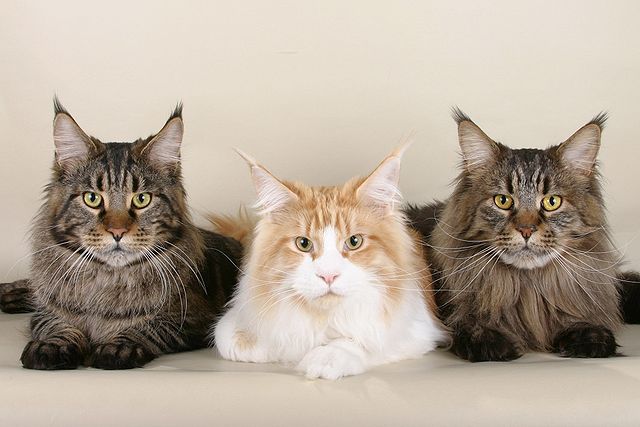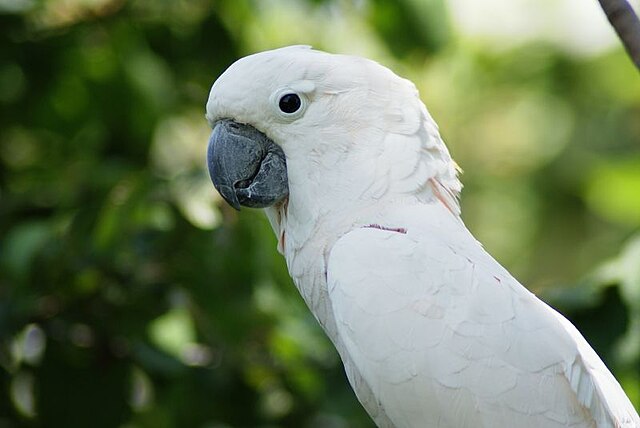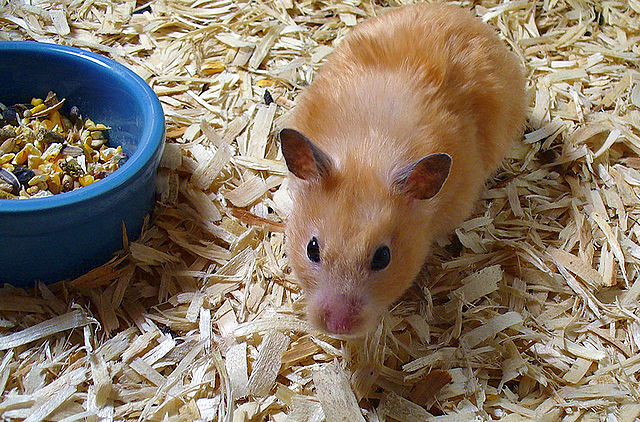In today’s world, our pets are cherished members of our families. We pamper them, take countless photos of them, and ensure they receive the best care possible. One crucial aspect of caring for our furry companions is ensuring they are up-to-date on their vaccinations. Pet vaccinations are not just a recommendation; they are a cornerstone of responsible pet ownership. In this comprehensive guide, we’ll delve into everything you need to know about pet vaccinations, from their importance to the specific vaccines your pet requires.
The Core Vaccines Every Pet Needs
When it comes to pet vaccinations, several core vaccines are universally recommended for all pets, regardless of their lifestyle or environment. These core vaccines protect against diseases that pose the greatest risk to pets and are considered essential for maintaining their health. Some of the core vaccines include:
Rabies Vaccine
Rabies is a terrifying disease that affects both animals and humans, transmitted through the bite of an infected animal. Once symptoms appear, it’s often too late for treatment, leading to almost certain death. However, with the rabies vaccine, we can prevent this dreadful fate. By vaccinating your pet against rabies, you not only protect their life but also help prevent the spread of the disease within your community.
Canine Distemper Vaccine
Canine distemper is a highly contagious viral disease that poses a significant risk to dogs, ferrets, and other susceptible animals. It attacks various body systems, causing symptoms ranging from respiratory issues to neurological complications. The canine distemper vaccine provides a robust defense, shielding your pet from this insidious illness and ensuring their well-being.
Canine Parvovirus Vaccine
Parvovirus is a formidable foe, especially for young puppies. This highly contagious virus wreaks havoc on the gastrointestinal system, leading to severe symptoms such as vomiting, diarrhea, and dehydration. Without prompt treatment, parvovirus can be fatal. Thankfully, the canine parvovirus vaccine offers reliable protection, empowering puppies to grow and thrive without fear of this menacing illness.
Feline Panleukopenia Vaccine
Feline panleukopenia, also known as feline distemper, is a stealthy adversary that primarily targets kittens and unvaccinated cats. It attacks rapidly dividing cells, including those in the bone marrow and intestines, leading to a range of debilitating symptoms. With the feline panleukopenia vaccine, we can fortify our feline friends against this silent killer, ensuring they enjoy a long and healthy life.

Additional Vaccines for Specific Risk Factors
In addition to the essential core vaccines, there are specialized vaccines designed to provide targeted protection based on your pet’s individual risk factors and lifestyle. These vaccines offer extra defense against specific diseases that your pet may be more susceptible to due to factors such as their environment, activities, and geographic location. Let’s explore some of these additional vaccines and how they can benefit your furry friend:
Bordetella Vaccine (Kennel Cough)
If your pet loves socializing with other animals or spends time in places like dog parks, boarding facilities, or grooming salons, they may be at risk of contracting kennel cough. This contagious respiratory infection, caused by the bacterium Bordetella bronchiseptica, can spread quickly in crowded environments. The Bordetella vaccine helps bolster your pet’s immune system against this common and annoying ailment, allowing them to socialize safely and freely.
Leptospirosis Vaccine
Leptospirosis is a bacterial disease that can affect both animals and humans, transmitted through contact with contaminated water or soil. Dogs are particularly susceptible to this illness, which can lead to severe kidney and liver damage if left untreated. The leptospirosis vaccine provides essential protection against this stealthy threat, reducing the risk of infection and safeguarding your pet’s health.
Lyme Disease Vaccine
For pets living in or visiting areas where ticks are prevalent, Lyme disease poses a significant risk. This bacterial infection, transmitted through the bite of an infected tick, can cause symptoms such as fever, joint pain, and lethargy. In severe cases, it can lead to kidney damage and neurological issues. The Lyme disease vaccine offers a layer of defense against this tick-borne menace, helping to keep your pet safe during outdoor adventures.
Feline Leukemia Vaccine
Feline leukemia virus (FeLV) is a contagious disease that affects cats, transmitted through close contact with infected individuals. FeLV can weaken the immune system, making cats more susceptible to other infections and diseases. The feline leukemia vaccine helps prevent the spread of this devastating virus, reducing the risk of transmission among cats in multi-cat households or outdoor environments.
By incorporating these additional vaccines into your pet’s vaccination regimen, you’re providing personalized protection that aligns with their unique needs and lifestyle. Consult with your veterinarian to determine which additional vaccines are recommended based on your pet’s risk factors and geographical location, ensuring they receive comprehensive protection against preventable diseases.

When to Vaccinate Your Pet
Knowing when to vaccinate your pet is essential for maintaining their immunity against dangerous diseases. The vaccination schedule outlines the recommended timing for administering vaccines based on your pet’s age, health status, and previous vaccination history. By adhering to this schedule, you can ensure that your furry friend receives timely protection against preventable illnesses.
Puppies and Kittens
For puppies and kittens, vaccination begins at a young age to provide them with early protection against diseases. Vaccination typically starts at around 6-8 weeks of age when maternal antibodies from their mother begin to decline, making them more susceptible to infections. The initial vaccination series involves multiple doses of vaccines given at specific intervals to build a robust immune response. These initial vaccinations are crucial for laying the foundation of immunity that will protect your pet as they grow.
Booster Vaccinations for Long-Term Immunity
After the initial vaccination series, booster vaccinations are necessary to maintain long-term immunity against diseases. Boosters help reinforce your pet’s immune response and ensure that their protection remains effective over time. The timing of booster vaccinations varies depending on the type of vaccine and your pet’s individual needs. Your veterinarian will provide guidance on when booster vaccinations are required to keep your pet’s immunity strong.
Adult Pets
Even after your pet reaches adulthood, vaccination remains an important aspect of their healthcare routine. Adult pets require regular booster vaccinations to sustain their immunity and protect them from infectious diseases. The frequency of booster vaccinations may vary depending on factors such as your pet’s lifestyle, risk of exposure to certain diseases, and changes in vaccine recommendations. Your veterinarian will develop a personalized vaccination schedule tailored to your pet’s specific needs.
Tailoring the Schedule to Your Pet’s Needs
It’s essential to work closely with your veterinarian to develop a vaccination schedule that is tailored to your pet’s individual requirements. Factors such as their age, health status, lifestyle, and risk of exposure to certain diseases will influence the timing and frequency of vaccinations. Your veterinarian will assess these factors and recommend a vaccination schedule that provides optimal protection for your furry friend.
Understanding the Importance of Pet Vaccinations
Pet vaccinations are not just routine injections – they are powerful tools that play a crucial role in safeguarding the health and well-being of our furry companions. Understanding the importance of pet vaccinations is key to providing them with the care they need to live long, healthy lives. Let’s explore why pet vaccinations matter so much:
Preventing Serious Illnesses
Pet vaccinations are designed to protect our beloved animals from a range of potentially life-threatening diseases. These diseases, such as rabies, distemper, and parvovirus, can cause severe illness and even death in unvaccinated pets. By vaccinating our pets, we create a shield of immunity that helps prevent them from contracting these dangerous illnesses.
Safeguarding Public Health
Many of the diseases that pets can contract, such as rabies, are zoonotic, meaning they can be transmitted from animals to humans. By vaccinating our pets against these diseases, we not only protect their health but also help safeguard public health. Vaccinated pets are less likely to become infected with zoonotic diseases, reducing the risk of transmission to humans and helping to prevent outbreaks that could endanger both pets and people.
Contributing to Community Immunity
Pet vaccinations play a vital role in building community immunity, also known as herd immunity. When a large percentage of the pet population is vaccinated against a particular disease, it becomes more challenging for the disease to spread within the community. This not only protects individual pets but also helps create a safer environment for all pets. This is true especially for those who may be too young, too old, or too sick to receive vaccinations themselves.

Fulfilling Our Responsibility as Pet Owners
As pet owners, it is our responsibility to provide our furry friends with the care they need to thrive. Vaccinations are a fundamental aspect of responsible pet ownership. This ensures that our pets are protected from preventable diseases and able to enjoy happy, healthy lives by our side. By staying up-to-date with our pets’ vaccinations, we fulfill our commitment to their well-being and demonstrate our love and dedication as pet parents.
By understanding the importance of pet vaccinations and working with our veterinarians to develop a vaccination plan tailored to our pets’ needs, we can ensure that our beloved animals lead long, healthy lives free from preventable diseases.
Conclusion
Pet vaccinations are a vital aspect of responsible pet ownership. This helps protect our furry friends from a range of potentially deadly diseases. By ensuring that our pets are up-to-date on their vaccinations, we not only safeguard their health but also contribute to the health and well-being of the entire pet population. Remember to consult with your veterinarian to develop a vaccination plan tailored to your pet’s specific needs and lifestyle.








